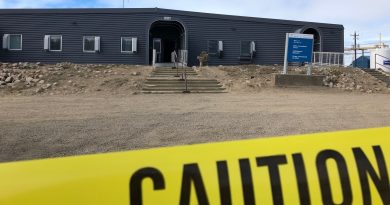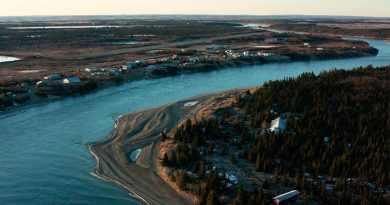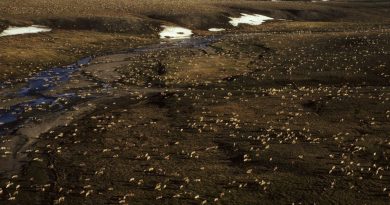Greenland authorities buoyed by high demand for COVID-19 vaccine
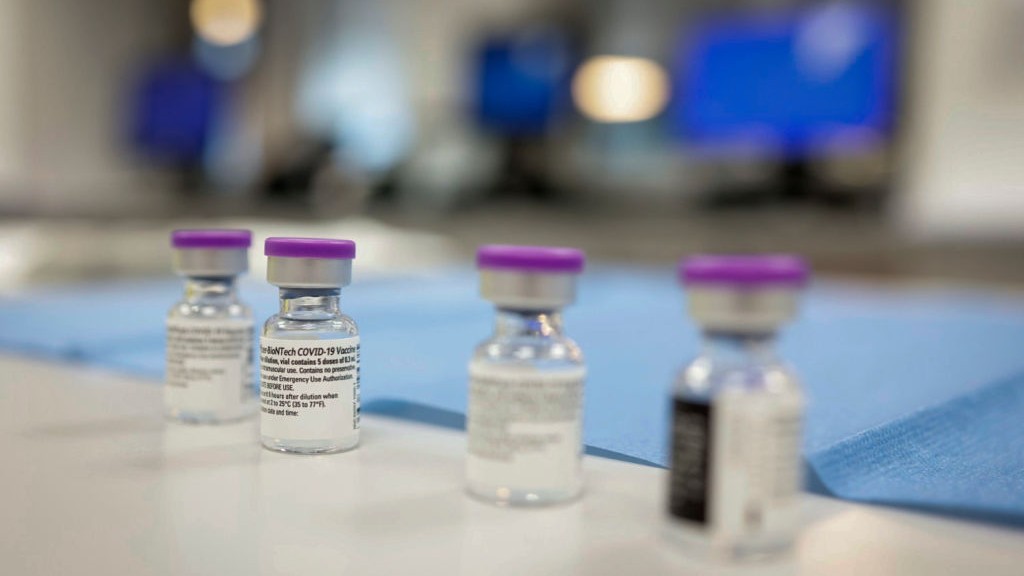
Greenland authorities say that after initial wariness about COVID-19 vaccines amongst parts of the population, vaccinations are now in high demand with the first shipment of 1,305 doses received at the beginning of the year already exhausted.
“The health service has recently received many inquiries from citizens who want to be vaccinated and from citizens who initially refused, but who have now changed their minds,” said Health Service Director Joanis Erik Kotlum in news release on January 18. “We consider this to be very positive.”
“We are pleased that both the Health Service’s staff, and citizens, accept the offer of vaccination against COVID 19. This means that we are well equipped for the last part of the fight against the coronavirus.”
Greenland received the Pfizer/BioNTech COVID-19 vaccine with initial distribution in the capital city of Nuuk and the town of Ilulissat.
The first round of doses was not enough to vaccinate all priority groups in Nuuk, but Kotlum says information about the arrival of further doses for the capital will be available within the next few weeks.
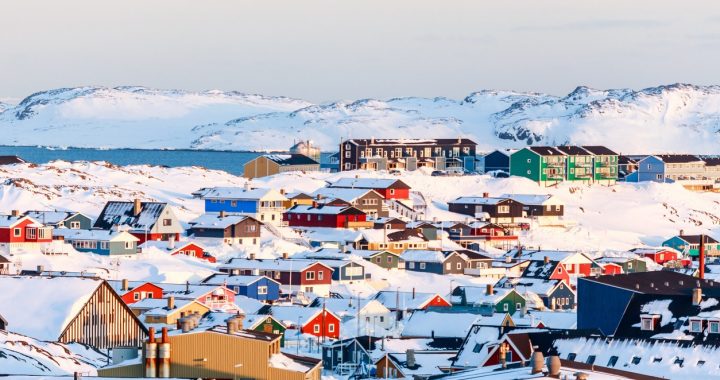
Greenland’s initial vaccine doses was split between the captial of Nuuk and the town of Ilulissat.
Here’s how the doses were distributed:
Geographically
Nuuk – 903 doses
Ilulissat – 402 doses
By population
Frontline health care staff – 396
Frontline nursing home staff – 133
Nursing home residents, seniors and those with prior health conditions – 776
Source: Government of Greenland
Ongoing concerns over UK variant
The second shipment of vaccines has gone to three different Greenlandic communities: Qaqortoq, Aasiaat and Sisimiut.
“The amount of vaccines is limited and therefore it’s a priority which groups the vaccines should go to in the first instance,” Kotlum said. “First and foremost, nursing home residents, elderly citizens, frontline staff in the care and health sector and citizens with prior health conditions.”
But despite the vaccine roll-out, the government says the population needs to keep strictly following public health directives, especially as the UK variant, which it describes as “significantly more contagious,” continues to spread in Denmark.
Greenland is an autonomous territory within the Kingdom of Denmark.
Write to Eilís Quinn at eilis.quinn(at)cbc.ca
Related stories from around the North:
Canada: COVID-19 vaccine campaign gets underway in Inuit region of Arctic Quebec, Eye on the Arctic
Denmark: Who is allowed into Denmark from Sweden right now?, Radio Sweden
Iceland: COVID-19 variant prompts Iceland to require quarantine for children entering country as of January 13, Eye on the Arctic
Russia: Russia’s Northern Fleet begins 2nd stage of COVID-19 vaccination, Radio Canada International
Sweden: Sweden’s northernmost county among regions to introduce stricter COVID-19 recommendations, Radio Sweden
United States: After early containment success, there’s now rapid COVID-19 spread in rural Alaska, including the Arctic, Alaska Public Media

